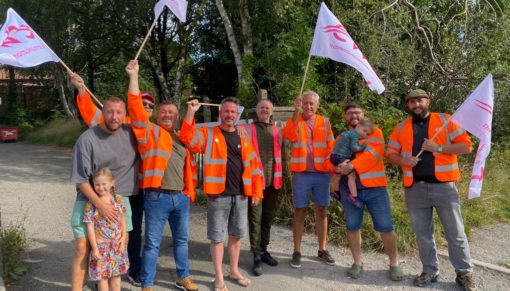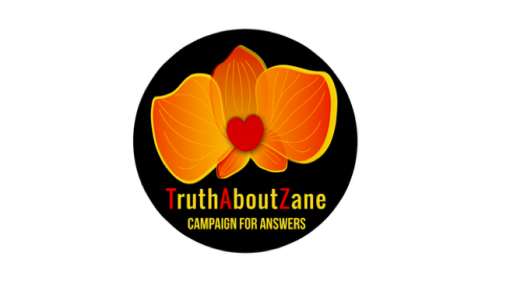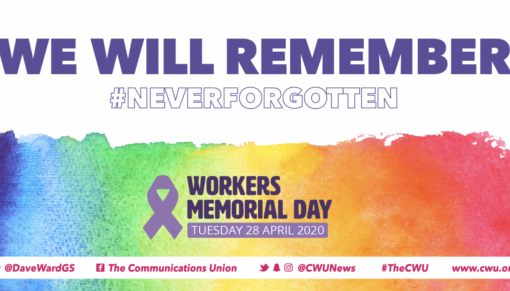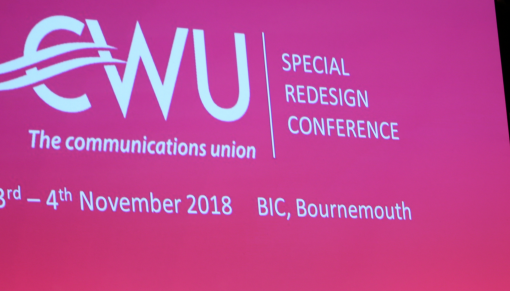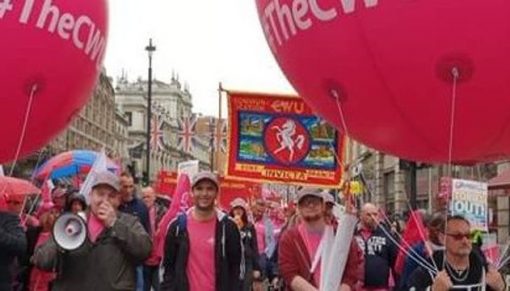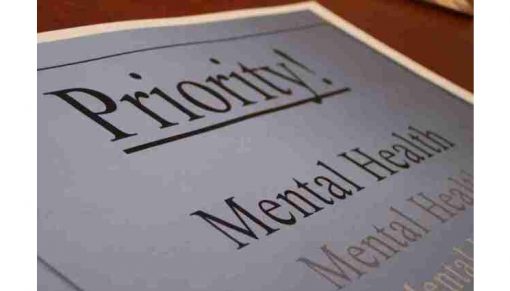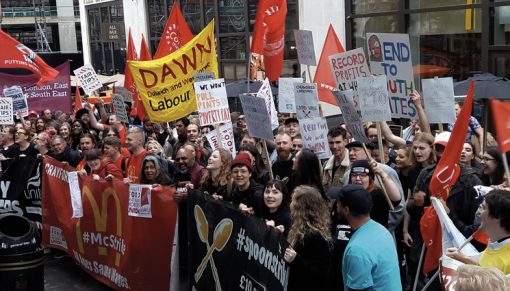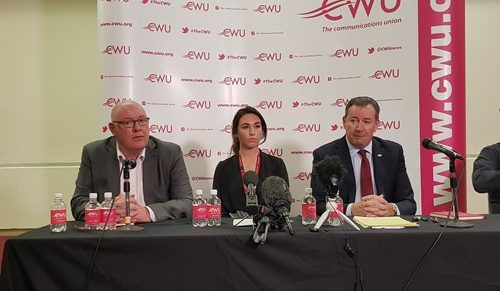Trade Union Bill Consultation – act now!
October 1 2015This autumn, MPs and peers will discuss thetrade union bill– which threatens the basic right to strike.
Before it can be debated, the government has to have a formalconsultationon some parts of their proposals with the public.
They’ve set a tight deadline (the TUC are asking for views by 31 August )- and don’t expect many people to respond – so we want to show them that working people across the UK vehemently oppose their plans.
Can you help by giving your comments?It doesn’t need to be long or detailed and the TUC have made a tool to make it easier to join in the consultation and add a comment.
Get involved now at:http://act.goingtowork.org.uk/page/content/trade-union-bill-consultation/
My ownthoughts on the consultation questions are these:
HiringAgency workersto break strikes is counter-productive.First of all, agency personnelcannot possiblyhave the same knowledge aboutor passionforthejobs of thestrikers that they are fulfilling.Secondly,there may well be serious health and safety concernsif agency workershave had insufficient training – thiscauses a problemfor them, their colleagues and the firm’scustomers.Third,it is probably a breachofthe striking employees’ internationalrights and thisexposes the UK government to reputationalrisk. Fourth and finally,using agencyworkers to break a strikewill make a bad situation much much worsebydestroying what remaining trustexistsbetweenthe parties toa dispute andmeaning that the real reasonsfor the disputebecome eclipsed byother arguments.
The proposals onpicketing and protestare disproportionate,based on prejudice and ultimately unworkable. There are alreadyrobust laws governing picketing and these have made ita non-issueformostof the past 30 years. Giving employers 14 days’ notice of plans is not onlyunfair but also limits roomformanoeuvre inthe efforts tofind a solution.Imagining the reactionifby law Employers needed to give unions 14 days’ notice of their tactics and plans should tell the government all they need to know aboutwhy this is a bad idea.
The level of detail in picketing and protest plans (down to which social networks will be used to discuss the dispute) opens unions up to challenges on technicalities.This,and the proposed obligation on unions tosubmit activists’ names and contact details to employers and the policeis notonly an incitementtovictimisation but alsocuts across manyexistinglegalrightscontained inThe Human rights Act and the Data Protection Act.
The new rules aboutstrike ballotsare also not conducive togood industrial relations,poorly thought-out and will have manyno doubt unintended consequences. By saying ballots will only be valid if more than 50% of eligible members vote in the ballot,the legitimacy of every otherballot that fails to meet his thresh-hold is questioned – parliamentary elections, localauthorityelections,Police and Crime Commissioner elections.
And in so-called ‘important public services’ – fire, health, education, transport, border security and nuclear decommissioning -, 50% of members must turn out to vote and 40% of the eligible membership must vote in favour.Surely the same criteriashould applyforother “important” elections: 40% approval needed for the successful candidate.For if itis good for one set ofelections,why isit not good for others?
I am concerned too aboutthe use of “important public services” asopposed to thewell-established list of “essentialpublic services.”When is something“important”as opposed to “essential”and is taking industrial actionthe only thingweshould make a distinction about?This looks likeexpediencyrather than something more evidence-based.
Finally,trade unionballots will have to continue to be conducted by post.Obviusly great in some waysfor our postal members, but ultimately this leaves usdisadvantaged.The government should use this bill to let unions use secure electronic and workplace voting, as it would increase turnout.
These proposals will destabilise industrial relations in an unprecedented way.They are so nakedly partisan and poorly thought throughthatthe only appropriate actionis for the Bill to be withdrawn,anda fundamentalreconsideration to take place – based onbuilding on currentbestpractice in order tomost effectivelybuild trust andco-operationin supportof shared economic success. Trade unions are not the enemy but this bill clearly seems to think that we are.





